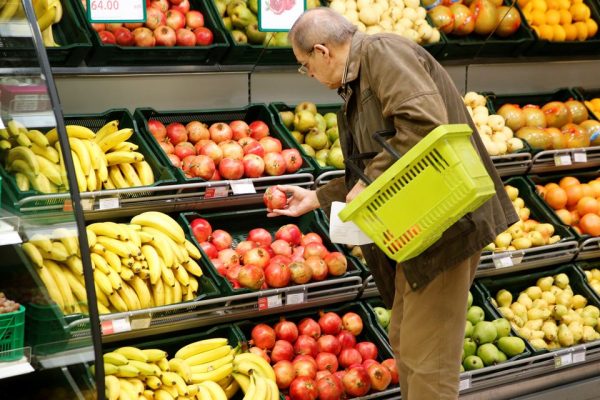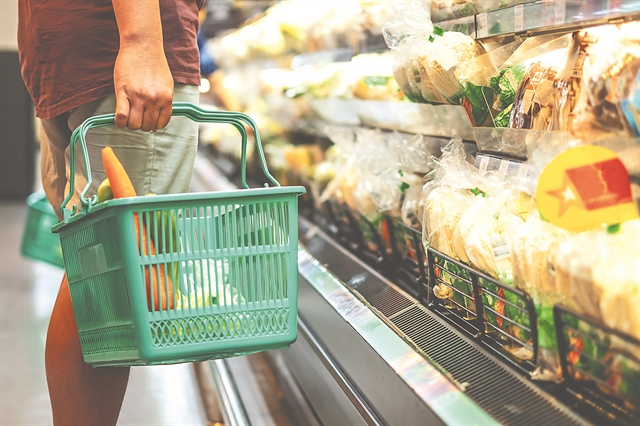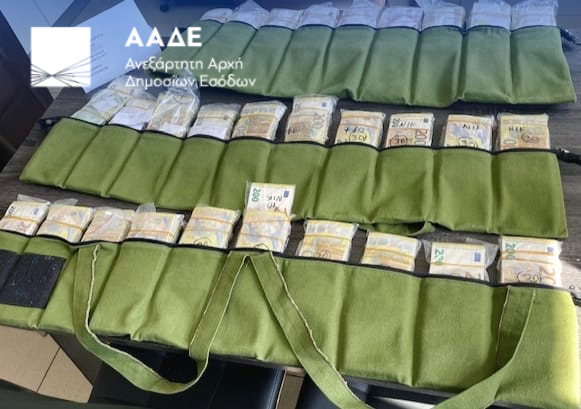Excluding everyday mainstays such as pulses, flour, butter, beef, fresh fruit and vegetables, cereals, baby creams, cooking materials and spices, which were probably deemed not “necessary for a household to live on”, the development ministry’s proposed list with 51 products from 31 categories has reached supermarket chains so that each one can deploy their own “basket” to fight rising prices.
To make things clear, the prices of the products that will make up the “basket” are not price pegged, nor are sellers forced to “freeze” them, so their prices may increase. What has been agreed between the government and the retail trade is the containment of the rate of increase, ie small to zero price increases at as infrequent intervals as possible. Something that also requires the consent of the FMCG industry.

Doubts
The addition of 11 additional categories, while initially there was talk of 20, as well as the strict definition of the total 51 products of the “basket”, are not the only reasons for concern for the 15 organized retail chains that will participate in the battle to hold back prices.
As supermarket executives report to OT, there are many doubts about the success of the venture, while suppliers are also skeptical of the proposed list. It should be noted that today at 9.00 am a meeting is scheduled between the leadership of the Ministry of Development and industry representatives.
The concern is focused on the implementation, as it is noted that there are several difficulties, and on the competition issues.
Read also: Greek supermarkets and their suppliers lowering profits to keep costumers – The fears for 2023
Information indicates that the Ministry of Development has been asked to exclude the agreements that should be made between retailers and industry from possible controls based on competition law.
However, a high-ranking official of the Ministry of Development stated to OT that ex ante there is no possibility of securing approval from the Competition Commission. However, if necessary, there will be the necessary legislative regulations, as the main issue is to protect both the consumer and the non-falsification of competition.
The exact mix of the basket in terms of percentages of branded and private label products is still unclear.
Although the Ministry of Development notes that the chains have the discretion to choose the codes that will be included in each one’s “basket”, second thoughts are expressed about the final “distribution”.

Spaghetti No. 6 and other problems
The exhaustive… clarity of the proposed list from the ministry’s side, as they say in the category of pasta, which is limited to spaghetti No. 6, i.e. the code with the highest demand, brings additional difficulties.
And this is because it leads all supermarkets to choose the same code, with the risk of special treatment of a brand in relation to the rest of the competing products in the category.
Small margins
From the industry’s point of view, there is talk of limited room for maneuver, since due to the large increase in operating costs and the effort to contain prices in order not to lose shares, profitability has already decreased significantly.
Factors of production, from energy costs and raw material sourcing to packaging materials and transportation, are constantly adding to the pressure, industry executives say.
When will the process be completed?
According to information that chains will have a few days to process the proposals and make their own observations.
The aim is that at the end of the next 10 days the process will be completed and the “baskets” will be made public.











![Οι αλλαγές που υπάρχουν στα φορολογικά έντυπα για τα εισοδήματα του φορολογικού έτους 2024 από ακίνητα [Γ’ Μέρος]](https://www.ot.gr/wp-content/uploads/2025/03/akinita.jpeg)










